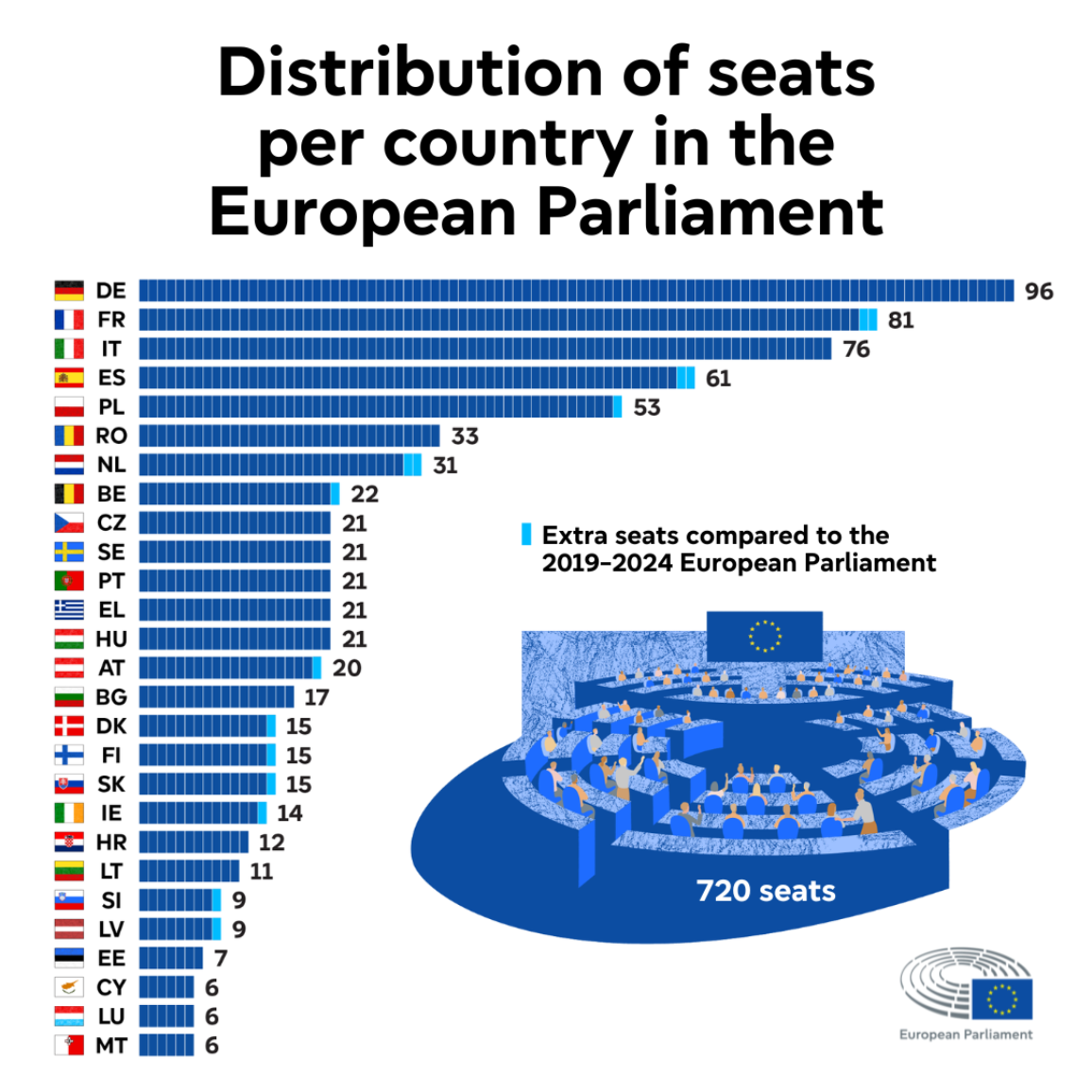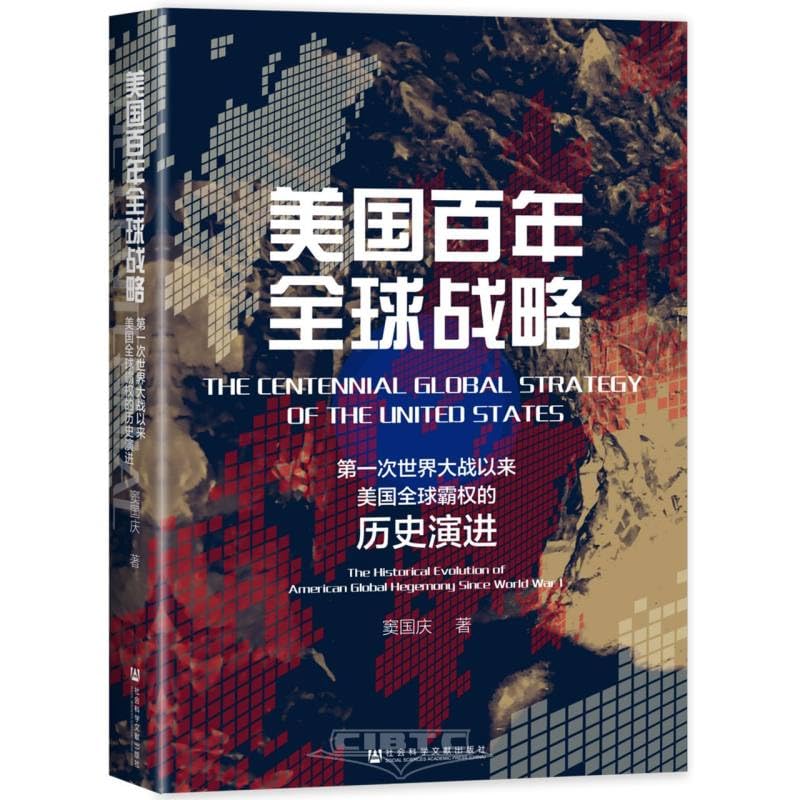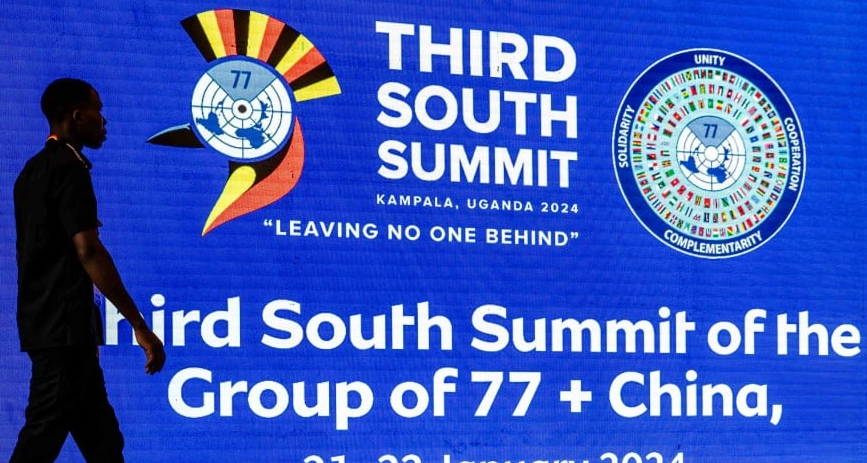
Jade Wong, Senior Fellow, Gordon & Leon Institute
Jul 03, 2024
The transformations spurred by the election are evolutionary rather than revolutionary. This year’s contest was less dramatic than earlier ones and the outcomes were more incremental.

Dou Guoqing, Colonel of the People’s Liberation Army and Postdoctorate Researcher at PLA National Defense University
Jun 18, 2024
The United States has been the biggest beneficiary of changes in the international order over the past century. Four key factors have contributed to its current hegemony.

Ananth Krishnan, Director at The Hindu Group, and AsiaGlobal Fellow at University of Hong Kong
Jun 07, 2024
Multipolarity has become a buzzword in global affairs with due credit to countries in the Global South taking strides toward establishing power independent of the U.S. or China. As developing nations demand a bigger share of voice, what challenges will they face?
Jade Wong, Senior Fellow, Gordon & Leon Institute
Jun 07, 2024
Facing a choice of autonomy or continued dependence on the United States, some factions on the continent seek to avoid that stark choice. In pursuit of a European pillar within NATO, the EU appears to be navigating a middle path.

Andrew Sheng, Distinguished Fellow at the Asia Global Institute at the University of Hong Kong
Xiao Geng, Director of Institute of Policy and Practice at Shenzhen Finance Institute, Chinese University of Hong Kong
May 30, 2024
Now that the United States has introduced a new set of import tariffs on Chinese goods, the world’s two largest economies appear to be on the brink of open economic warfare – and developing countries are in danger of getting caught in the crossfire. Beyond the risk that they could face sanctions or other trade restrictions if one superpower perceives them to be helping the other, Sino-American trade tensions are eroding the value of many of these economies’ comparative advantages, such as cheap labor and land. Coping with these challenges will require skillful economic statecraft.
Joseph S. Nye, Professor, Harvard University
Dec 14, 2023
The great-power competition between the United States and China is a defining feature of the first part of this century, but there is little agreement on how it should be characterized. Some call it an “enduring rivalry” analogous to the one between Germany and Britain prior to the last century’s two world wars. Others worry that America and China are like Sparta (the dominant power) and Athens (the rising power) in the fifth century BC: “destined for war.” The problem, of course, is that a belief in the inevitability of conflict can become a self-fulfilling prophecy.
Xiao Bin, Deputy Secretary-general, Center for Shanghai Cooperation Organization Studies, Chinese Association of Social Sciences
Dec 01, 2023
In the competition between major powers, rational ones will choose strategies to protect their own interests. Irrational ones are likely to fall into a trap laid by rivals in which the cost of influence in underdeveloped regions becomes overbearing and results in retreat.

Zhao Minghao, Professor, Institute of International Studies at Fudan University, and China Forum Expert
Sep 22, 2023
Judging from a lengthy slate of indicators, discounting China’s position in the world economy over a momentary economic slowdown would be a mistake. Failing to understand China’s recent progress and future ambitions could lead the United States to squander its own long-term advantages.
Xiao Bin, Deputy Secretary-general, Center for Shanghai Cooperation Organization Studies, Chinese Association of Social Sciences
Sep 08, 2023
The personal tragedies of two great physicists during the Cold War teach that us that creating a tolerant, innovative environment is the way to prosperity and strength.
Vasilis Trigkas, Visiting Assistant Professor, Schwarzman College, Tsinghua University
Jul 26, 2023
Excessive Sino-American rivalry could be averted if strategists from the U.S. and China make rational assessments about the other side’s capabilities and limits - and can restrain themselves from pouncing on misperceived weaknesses.